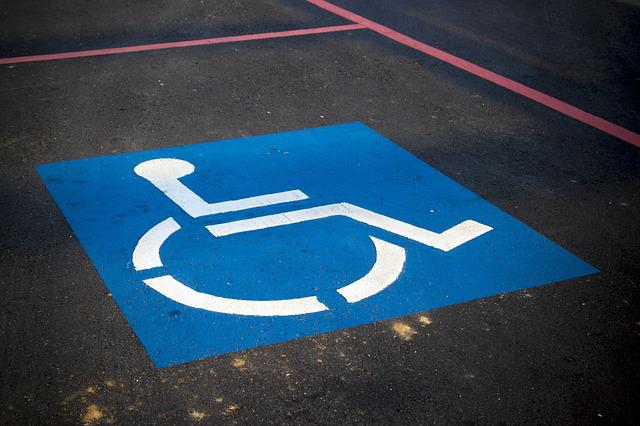Scottish Human Rights Commission warns of crisis for disabled people’s rights

The Scottish Human Rights Commission, together with a coalition of Scottish Disabled People’s organisations, warns that disabled people are experiencing ‘unrelenting attacks on their human rights’ in reports to the UN.
The two parallel reports for the United Nations highlight worsening poverty rates for disabled people in Scotland and how the cost of living is having a consequence for disabled people’s ability to live independently at home.
Disabled people have told the Commission that increasing costs for using medical equipment and assistive technology is forcing some disabled people to make stark choices about how often they use such equipment. They highlight that in some cases disabled people are being forced to choose between ‘eating or breathing’ putting their health at risk with the inevitable consequence of being forced to go into hospital or residential care.
The first report on the UN Convention on the Rights of Persons with Disabilities (CRPD) was prepared by the Commission together with other national human rights organisations in the UK.
The United Kingdom Independent Mechanism (UKIM) has worked together to produce an 84-page evidence report. UKIM consists of the Commission (SHRC), the Equality and Human Rights Commission (EHRC), the Equality Commission for Northern Ireland (ECNI) and the Northern Ireland Human Rights Commission (NIHRC). This joint response provides an overview of key concerns about the lack of government progress in protecting the rights of disabled people in Scotland and the UK.
The Commission publishes a second powerful supplementary report from a coalition of Scottish Disabled People’s organisations to support the response. This report shares disabled people’s lived experience and is produced by the Scottish Independent Living Coalition (SILC).
Key areas for concern from SILC report include:
- Poverty rates have worsened for disabled people in Scotland with half (51%) of all people in poverty living in a household with at least one disabled member.
- The cost of living crisis is also having consequences for disabled people’s right to live in a home of their choosing with the inevitable consequence of being forced to go into hospital or residential care.
- Cuts to social care support in Scotland during the COVID-19 pandemic were devastating for disabled people and despite being three years on from the start of the pandemic not everyone’s social care package has been returned to pre-pandemic levels.
- Six in 10 people who died with COVID-19 in Scotland were disabled people and social isolation continues to be an issue for disabled people left behind as protections have been lifted.
- The disability employment gap in Scotland remains high – in 2022, it was 31.9 percentage points with 82.5% of non-disabled in employment compared to 50.7% of disabled people.
These warnings come as the UN CRPD Committee is reviewing progress across the UK on the recommendations from the 2016 inquiry into the impacts of austerity measures on disabled people in UK. That inquiry found that the UK was responsible for “grave or systemic violations” of disabled people’s rights. The Commission will be attending a meeting in Geneva at the end of the month to deliver the recommendations for Scotland.
Speaking on behalf of the Scottish Human Rights Commission, Jan Savage, executive director, said: “The Scottish Human Rights Commission is highlighting real concerns to the UN that the situation for disabled people overall in Scotland has not got better and there is an urgent need to address the barriers that disabled people face and the cumulative impact of these.
“The Scottish Government has not done enough to ensure disabled people’s human rights are fully realised and we are pushing for protection of disabled people’s rights to employment, independent living and an adequate standard of living”.
Dr Jim Elder-Woodward, independent chair of the Scottish Independent Living Coalition (SILC), added: “The 2016 Inquiry by the Committee on the Rights of Disabled People revealed the shocking toll that austerity measures were taking on disabled people across the UK. Now, seven years later, in many respects the situation is worse.
“The current cost of living crisis, in which the price of goods and services outpace the rise of income, comes after a decade of devastating cuts in public services, which support disabled people in the community. Our place in society has been further jeopardised by a pandemic response, which did not prioritise our human rights, and an approach to economic recovery that does not value us.
“The Scottish Independent Living Coalition (SILC) acknowledges the Scottish Government’s commitment to realising human rights, but maintains that this is not the reality for disabled people on today’s day-to-day basis. The UN Committee’s review of the 2016 Inquiry is a timely reminder of the stark inequalities still experienced by disabled people in Scotland today.
“We urge the UK and Scottish Governments to move from rhetoric to action, by working with disabled people and their directly accountable organisations to address, fully, the Committee’s recommendations and make rights a reality.”







